
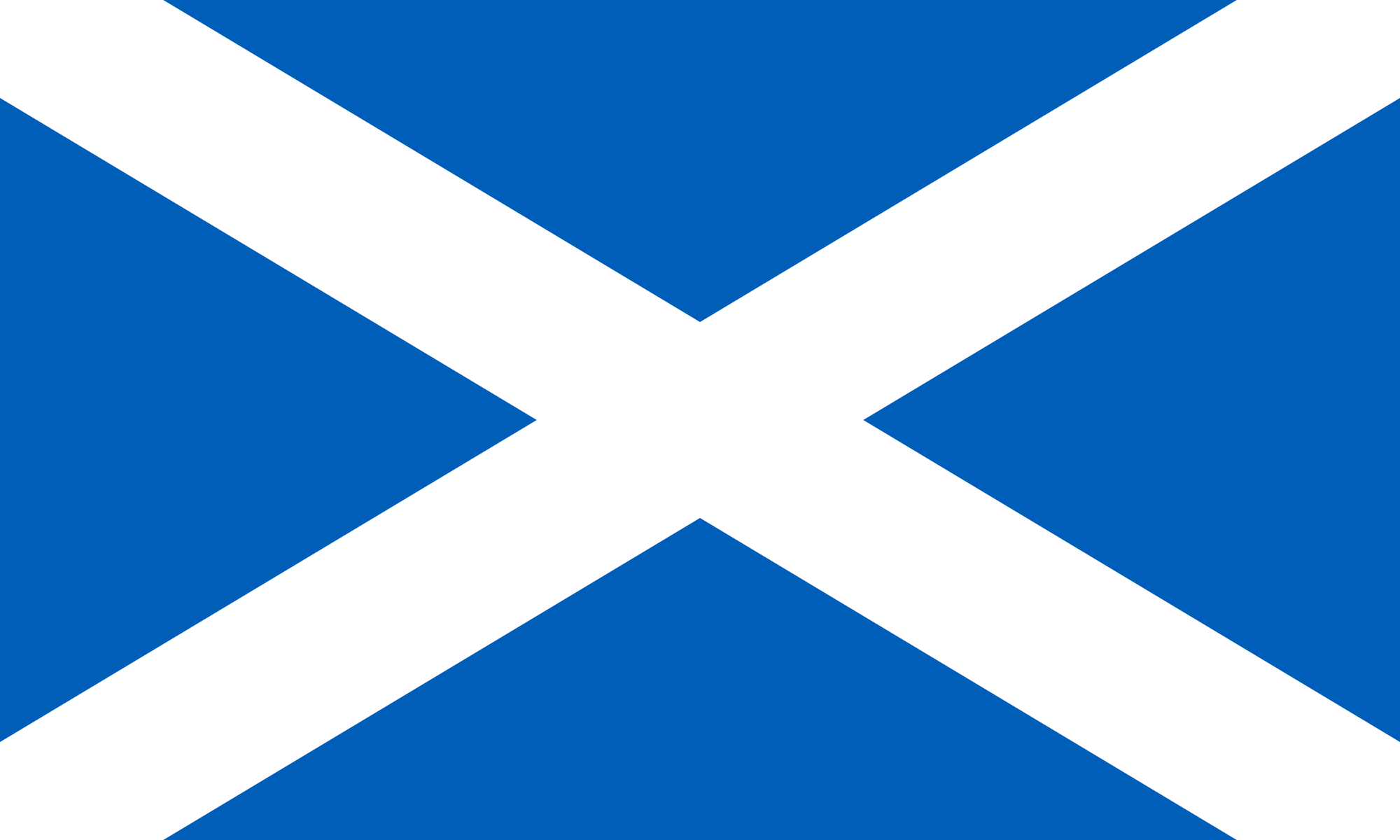








Before we get started here's some information about the countries I am from. Each country's name links through to various Wikipedia sites.
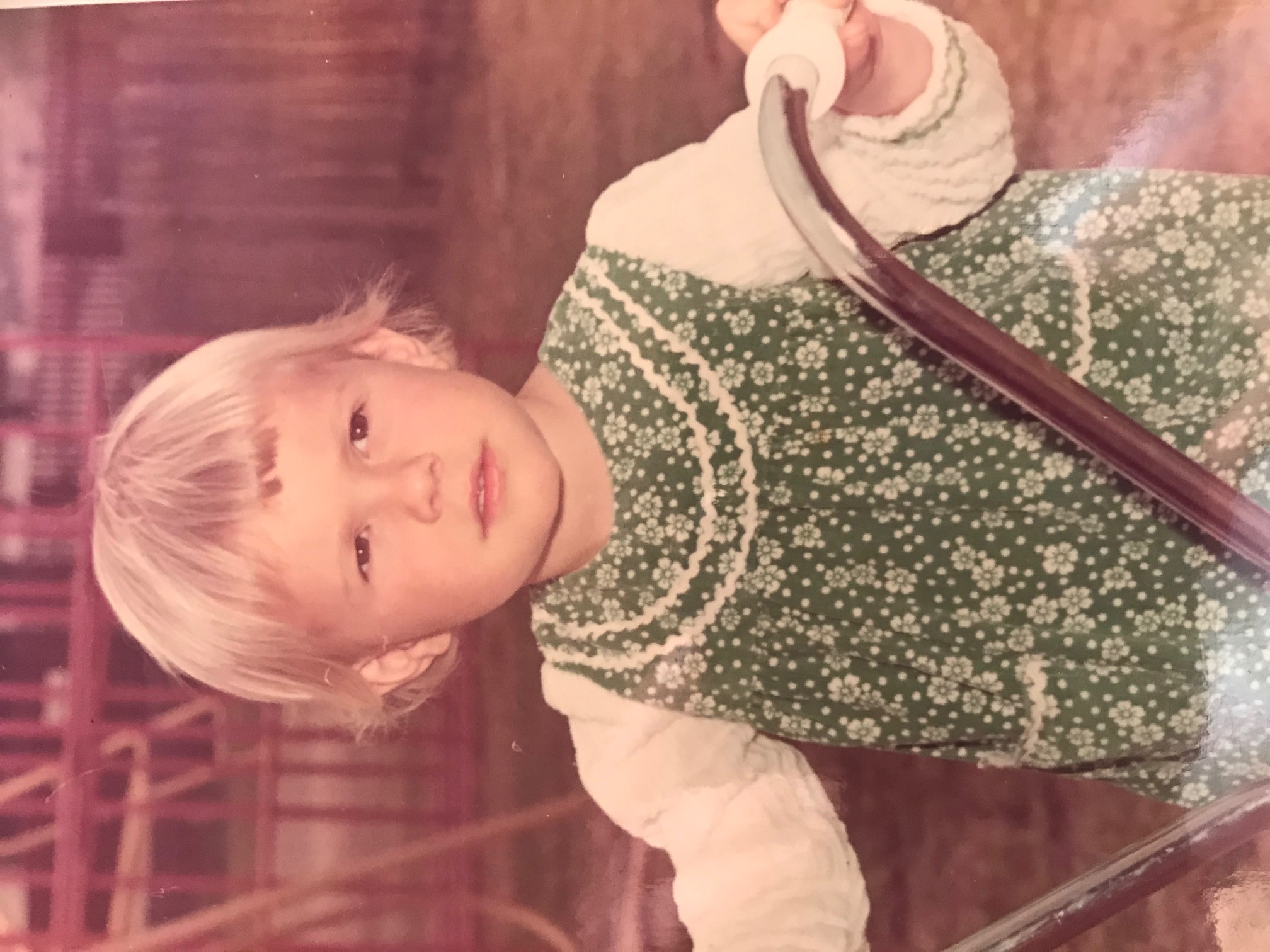
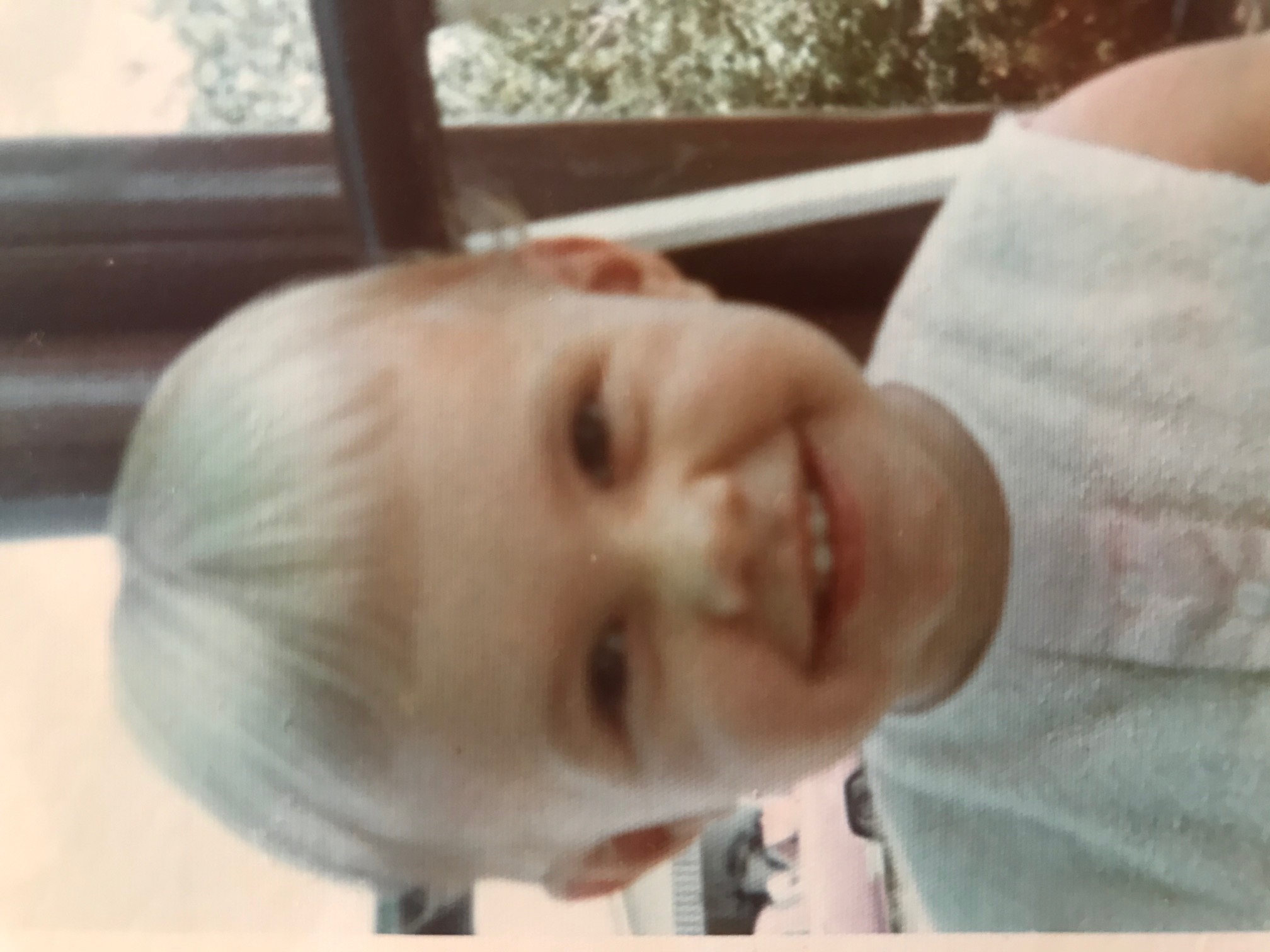
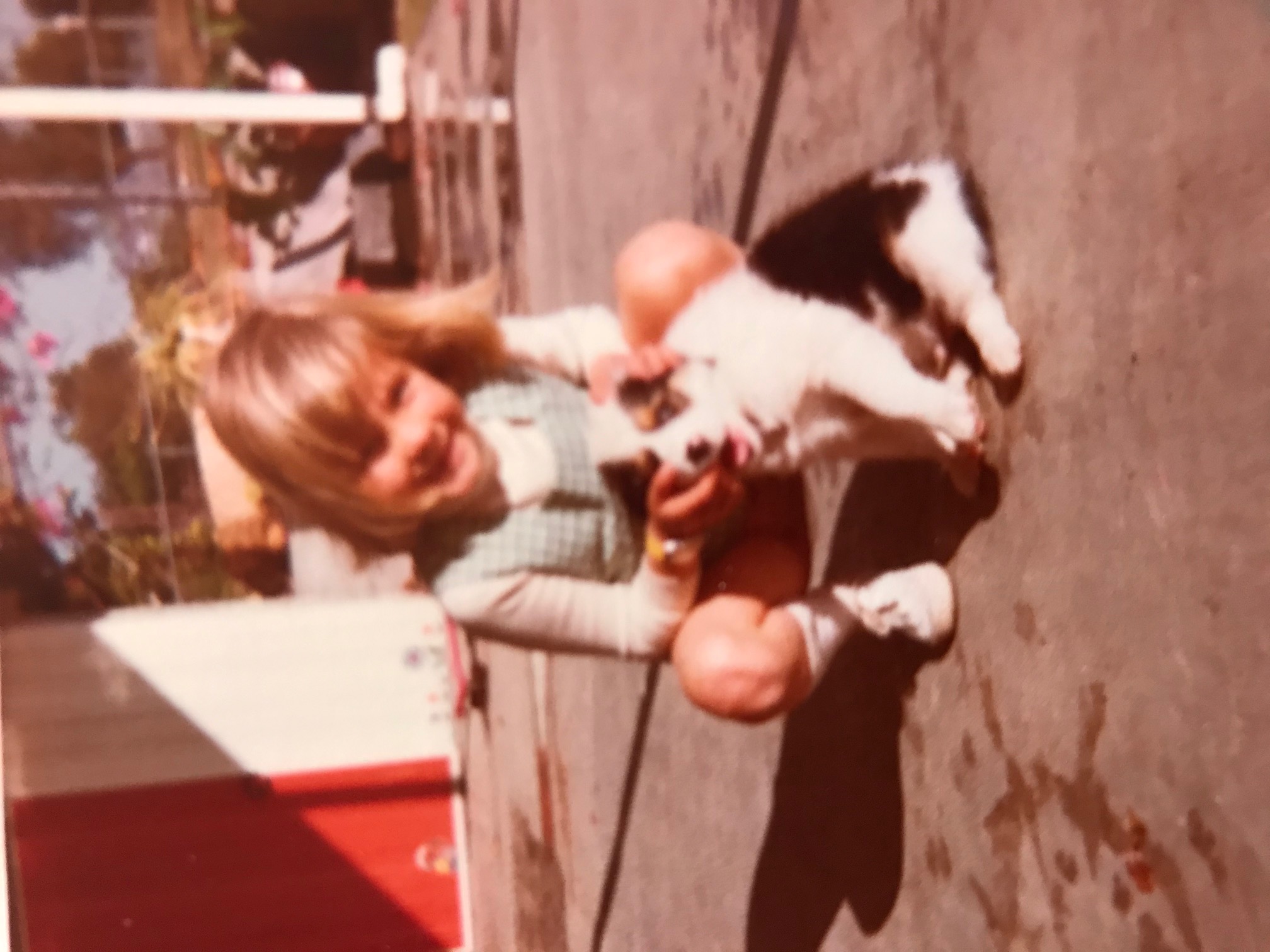
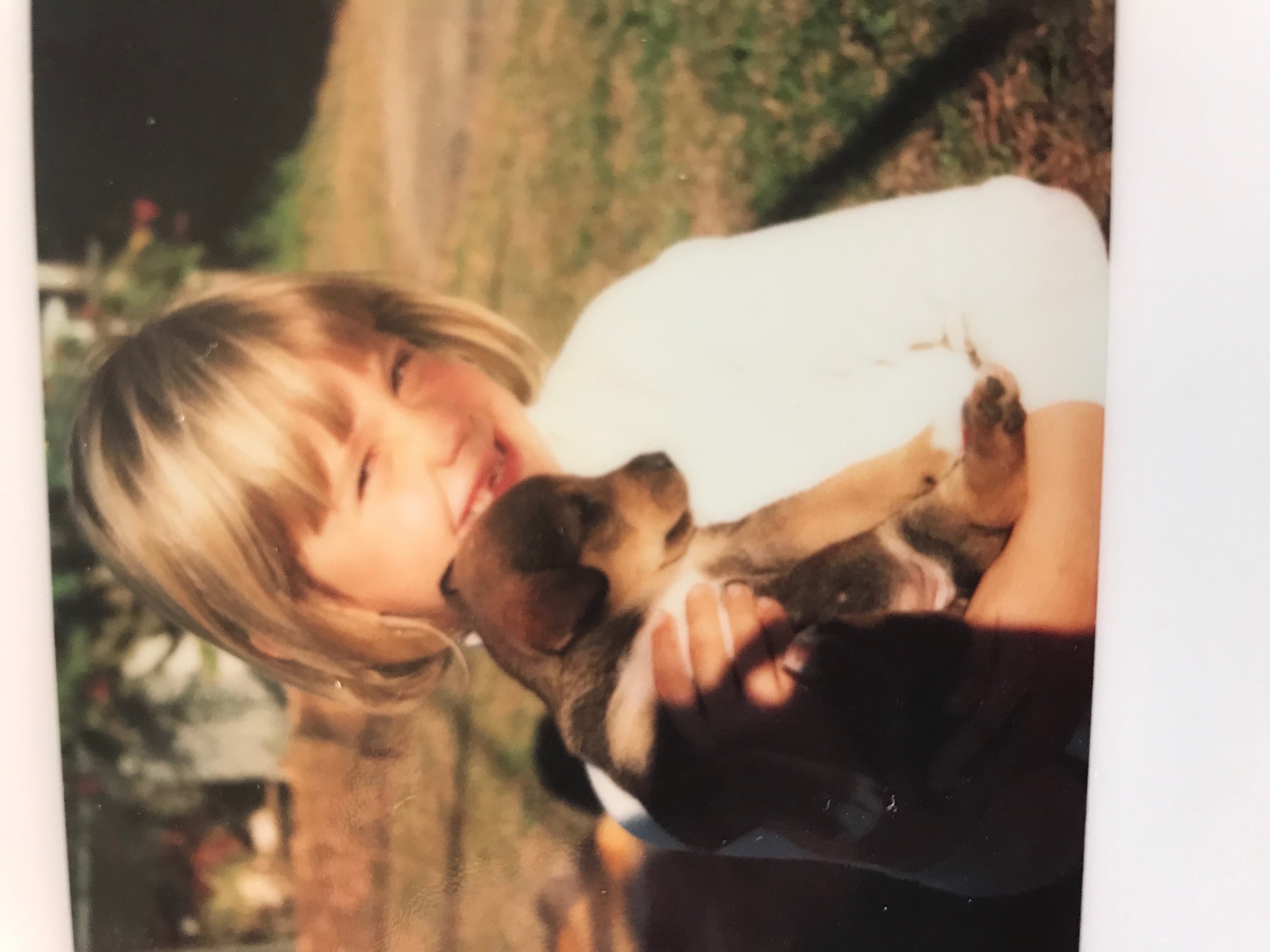
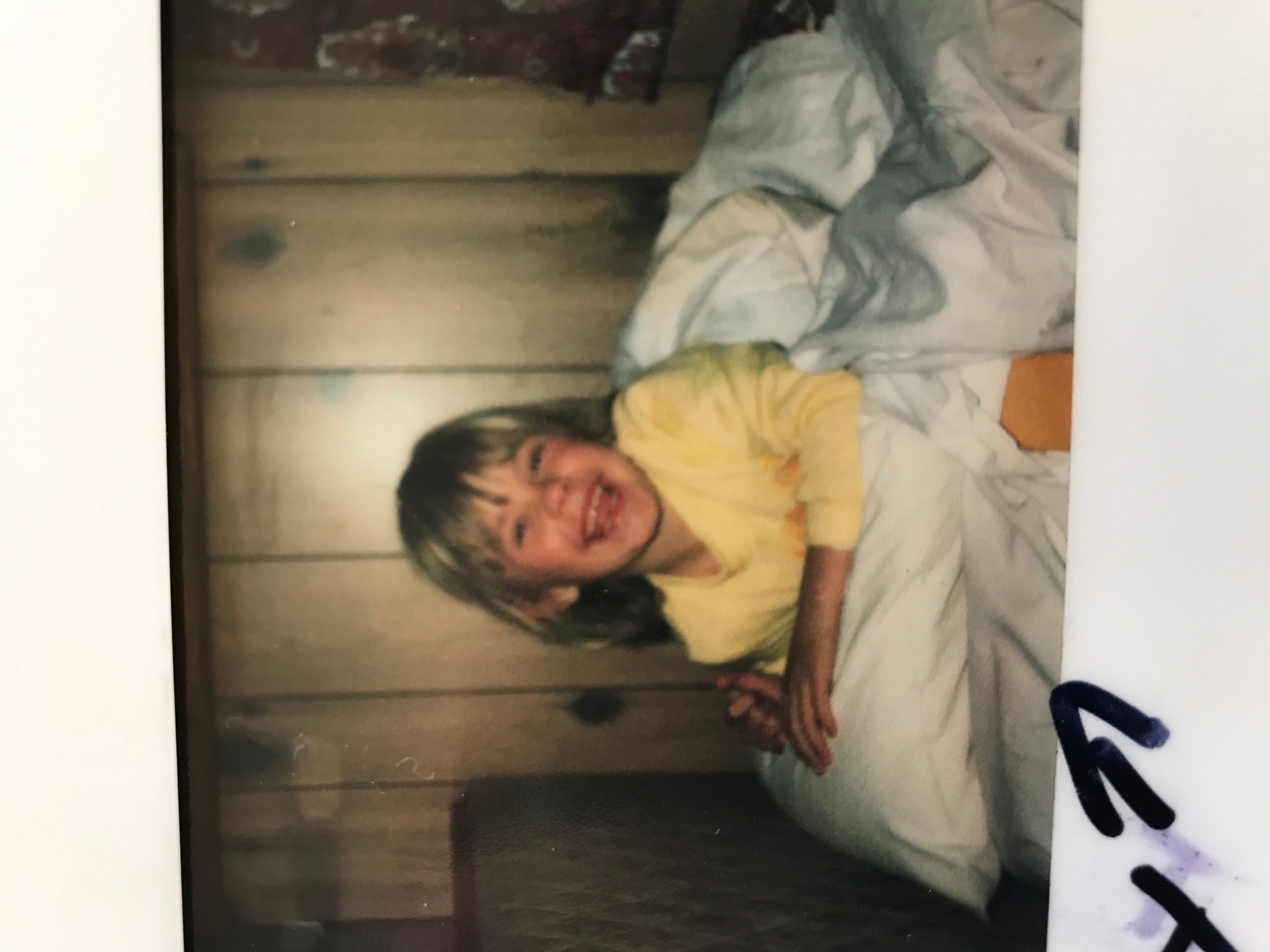








Matamata, in the Waikato Region, 200 km south of Auckland
Great great grandparents, Edward and Mary Todd (nee Ramsay) arrived in Dunedin in the sailing ship Alpine, 12 September 1859 with their three children, Edward, James (my great grandfather) and Janet. The Alpine was 1,164 tons and carried 460 passengers. The voyage took three months but this may have included time in ports on the way for fresh water and provisions. Edward and Mary were from Stirling in Scotland which is also the site of Stirling Castle, regarded as the key to the Kingdom of Scotland dominating a vast volcanic rock at the meeting point between the Lowlands and Highlands. Stirling is 45 km from Glasgow and Edward was a coachman. After arriving in New Zealand Edward and Mary had six more children including twin boys. Mary died in 1890 aged 58. Edward remarried a couple of years later and had four more children, the youngest was not quite two years old when he died in 1905 aged 77. My grandfather, James Ramsay Todd was named after his father.
My grandmother’s parents arrived in New Zealand in the mid 1860’s. My great grandfather, Walter Candy from Somerset in England was a soldier and served in the British Army in New Zealand towards the end of the Maori Land Wars. When the Land Wars ended there were some 6,000 British soldiers in New Zealand and most of them wanted to stay rather than return home. The population of New Zealand was relatively small and there were not enough young women for the soldiers to marry. My great grandmother, Bridget Maloney, from Tipperary in Ireland was one of several shiploads of young 16 year old Irish girls to come to New Zealand to get away from the depressing conditions in Ireland following the potato famine of 1848. Bridget met Walter on Lambton Quay, Wellington shortly after the ship docked. They had 11 children. They were very pragmatic and overcame their differences of religion by agreeing that if their first born was a son the family would be Protestants, and if a daughter they would be brought up as Catholics. Sadly, my grandmother, Amy Florence Todd (nee Candy) died at the age of 27, in the Spanish flu epidemic that swept the world in 1918 after the end of the First World War.
Unfortunately I do not have the same detailed information of great grandparents on my mother’s side. My grandfather, Reginald Sheather Lucas was born in Bombala, a small farming settlement in the Snowy Mountain region of south eastern New South Wales, Australia near the state border with Victoria. The family moved to Bega on the New South Wales coast which is famous for cheese. Bega cheese used to be in supermarkets here, but I have not seen it in recent times. Reggie, as we now refer to him as, married my grandmother, Elsie Maud O’Meara in March 1910. I have no information on why or when Reggie came to New Zealand. He was 11 years older than Elsie and worked in a general store in Palmerston North. He was apparently very quick with figures and completing documentation. Reggie contributed 25 % to my Australian heritage. . Sadly Reggie was also a victim of the Spanish flu epidemic and died in November 1918 aged 39. Having two grandparents victims of the 1918 epidemic is the underlying reason why I am very conscious about the dangers of Covid-19. Reggie’s mother, Cecelia Lucas (nee Sheather) lived to she was 88 and died at Bega in 1937.
Elsie’s mother, Mary Baker came to New Zealand from Sussex in England at a young age. She was 17 when she married Morgan Ward O’Meara in Masterton in 1882. Morgan was a painter, born in Launceston, Tasmania, Australia in 1860. I have no information on when or why either of them came to New Zealand. Morgan contributes 12.5 % to my Australian heritage which makes me 37.5 % Australian. The flow on to my granddaughters is 9.375 % which makes you almost 60 % Australian. Go Aussies. Morgan left the family unit of Mary and their three daughters early on. Mary subsequently had two more husbands before passing on in 1929 aged 64.
I spent the first eleven years of my life on a farm in Walton. 15 km north west of Matamata. Travel to the Walton School which was 5 km away was on the school bus. Our family had a car but we did not go out all that much, about once a month to Matamata on Friday nights when the shops were open until 9 pm, or during the school holidays. The local store was also open on Friday nights and our father often went there as he enjoyed talking to a few other local blokes who attended regularly, picking up what was happening in the area. I got 5 cents a week pocket money for doing household chores and spent part of this buying some sweets. The Post Office was also open on Friday nights and I remember one night after doing some banking I only had a halfpenny (half on one cent) to spend. I asked the shop keeper for some conversation lollies and he obligingly put a few in a bag. The customer next to me hoped I did not expect any change.
Some Sundays we would go to Morrinsville, about 25 km away to see Mum’s brother and our cousins. Our uncle was on a rehab (short for rehabilitation) farm that he became entitled to at a reduced price, with payments terms over an extended period of some 30 years. This was the result of four years service in the Second World War in North Africa and Italy in the Army.
During the May school holidays my mother and two brothers would travel north to Waipu by bus to spend a couple of weeks with our grandmother, Elsie, and her second husband Charlie Thompson, who she married a couple of years after Reggie died. We always called Charlie grandad and I did not know he was in fact my step grandfather until I left home to come to Auckland when I was 18.
In the summer school holidays my brother and I went by bus to Tauranga to stay with our grandfather Jimmy Todd (James Ramsay (named after his grandmother) Todd and his second wife Alice, who he married back in 1920 after Amy had sadly passed on. Alice was a war widow, her husband was killed in France in World War I. We always called Alice grandma and as with Charlie I did not know she was my step grandmother until I left home.
The family cars my father owned were a 1929 Whippet, followed by a 1929 Graham Paige, and then a 1938 Dodge that he had for about 12 years until 1964, You can see the pictures of these cars on the internet.
At Walton we lived in an old house on a dairy farm. My father was a sharemilker and farm owners had to provide a house as part of the contract. There were six of us living in the house, mum and dad, me and two brothers, and the farm hand. The toilet was a long drop outside. It was upgraded to a flush toilet but still outside when I was eight. We had to use potties placed under our beds for night time and morning ablutions. After breakfast each day one of my mother’s jobs was to go around and empty the potties, at first in the long drop, and then in the flush toilet. The house had a coal range, not an electric stove, which was a combination wood and coal burner. One of my jobs each day when getting home from school was to chop 20 pieces of kindling, and then some second wood to enable the range to be fired up to cook our tea, In the winter time I had to chop another 20 pieces of kindling to light the open fire in the sitting room (the name for the lounge in those days). The coal range was very good keeping the kitchen and dining area warm, but the open fire was not so efficient.
I remember the excitement when we got a washing machine for the laundry. Previously the washing, as it was called, was all done by hand using a wooden washing board. There was a copper in the wash house (name for laundry) that was wood fired to heat up the water for both the washing by hand and then the washing machine. A year later we got a fridge. Before this there was an outside safe under a tree to keep items such as meat, butter, and other items cool. Not cold enough for ice cream, but when the fridge arrived we started making ice cream which was really just frozen milk with some sugar.
Shortly before turning eleven we moved north to Waipu where the farmhouse we lived in had an inside flush toilet. Life was becoming a little more luxurious.
The Sunday School I attended in Walton was interdenominational, meaning it was for children who were not Catholic or Anglican, although some Anglican did attend. There were two churches in Walton, Presbyterian and Methodist. The nearest Anglican and Catholic churches were in Matamata.
When we moved to Waipu I went to the Presbyterian Sunday School and then the Bible Class. After moving to Auckland I became a communicant member of the Presbyterian Church, something I have let fall by the wayside as I have got older, but still a basic Christian.
The main source of world news was either the BBC radio news at 6 am and 6 pm each day, or the world news page in the New Zealand Herald. Dad used to hear the BBC 6 am news every day in the cow shed and if he was in the house before we left for school he would tell us if there was anything important. I remember one morning when I was 9 he came in from morning milking and said Joseph Stalin had died. Stalin was the dictator of the Soviet Union, which included Russia. He had a brutal reputation due to his reign of death and terror, as well as being responsible for the cold war against the west that were mostly democratic countries with free elections.
We listened to the BBC news when there was something important. In June 1952 we tuned in to listen to news about the coronation of Queen Elizabeth II when there was a special announcement that Mount Everest had been climbed for the first time by the New Zealander, Hillary (as they said without giving his first name).
I started listening to the BBC News regularly from the time of the Suez Crisis in 1956.
In January 1958, when I was age 14, and a little more adventurous than I am now, a friend Tom, and I spent some of the summer holidays on a big bike ride. Midday on a Friday we set off on bikes from Waipu to Maungaturoto (25 km away) to take the Opua Express to Aucjkand. We got off the train at Henderson and biked to Swanson to spend the night at Tom’s Aunty’s place. The next day we were up early and shortly after 6 am set off to get to Melrose’s place (Aunty, Uncle, cousins Gilbert and Joan) in Walton by nightfall. It was a hot day. We had to push our bikes up the Bombay hills. Our bikes were not exactly fit for purpose. My father had purchased my bike which was in the sundries section of the fortnightly Maungaturoto livestock sale for $ 16 a couple of months beforehand.
We biked, and biked, and biked all day and eventually got to Melrose’s at 9 pm at night. They were all asleep. Uncle Alan got out of bed and made us a pot of tea together with BB&J, (bread, butter and jam) which was a stable farm lunch in those days. We slept on the kitchen floor in our sleeping bags. I was too tired to find my small pillow, had a good night's sleep, but my head was a bit sore in the morning from being on the hard floor all night.
The next day started fine, but rain set in early afternoon as we were biking over the Mamaku ranges on our way to Rotorua. By the time we got to the Fairy springs on the outskirts of Rotorua we were rather wet. After pitching our small tent using the two long sticks that we located on the roadside in the Mamakus we cooked up fried eggs and baked beans using my small methylated spirits burner. The food was hot but had a distinctive methylated flavour. Next morning, a Monday we went to see Tom’s uncle who worked at Rotorua Wool Classers on the north side of the town. The boss man there was very impressed with our enterprise cycling from Auckland in two days and said we could stay in the office. This became our home for the next three days. During our stay in Rotorua we biked out to Lake Tarawera, past the blue and green lakes, and visited the buried village caused by the eruption of Mount Tarawera some seventy years earlier. Next day we spent the afternoon at Whakarewarewa to see boiling hot pools, hot mud pools, Pohutu and Prince of Wales geysers, and watched young Maori boys jumping off the entrance bridge for a penny (almost one cent). The last day we first went to see trout at Paradise Valley, returning in the afternoon to go on the launch trip to Mokoia Island, almost in the centre of Lake Rotorua and learn about the famous story of Hinemoa.
After Rotorua we headed to Tauranga. Started early and reached Jimmy and Alice’s place in time for lunch. In the afternoon we took the passenger ferry to Mount Maunganui, and climbed the Mount and absorbed the wide ranging view including the entrance to Tauranga harbour below. The following morning after a leisurely breakfast with Jimmy and Alice we were off again back to Walton over the Kaimai range. The Tauranga side involves a 16 km climb to the top which was a long two hour walk pushing our bikes most of the way. Saturday afternoon we started our return to Swanson via the Hauraki Plains. Got as far as almost to Maramarua and pitched our tent between two trees on the roadside as darkness was falling. No food shops open on the way so had to open a tin of condensed milk for our tea. Too sweet so did not each much.
Back on the road again next morning, we pushed our bikes up the other side of the Bombay hills this time, and eventually made it to a dairy in Papakura for biscuits and ice cream. The only takeaways in those days were fish and chips or sausages and chips but too early in the day for these places to be open. Made it to Swanson late afternoon and found out from the signalman at the railway station that there was a goods train going north that would be passing through at 11 pm. The only place for us on the train would be in the guards van and this would be at the discretion of the Guard. As the train approached the signalman activated the stop signal, then kindly spoke to the Guard who said it would be Ok if we camped on the floor. When we came to buy the ticket. the Guard looked up a book and told us the price which was about the same as the original trip the week before, but far less comfortable. We never actually got a ticket so not sure if this was a bonus for the Guard. The train rolled into Maungaturoto shortly after 5 am. We biked back through Waipu gorge and I got home at 7 am. My mother was more than pleased to see me back home.
I had been away ten days and in that time had covered more than 850 kms on a bike. An adventure that required single minded determination, endurance, as well as the capacity to accept a variety of situations as they were without complaint. Between Tom and myself we were on occasions very much on our own. Good character building. A journey of this nature would not be possible these days because of traffic density among other things. The big lesson for me was always to travel with a supply of water and food.
In June 1947 at the age of 3 ½ I was staying with grandparents, Jimmy and Alice on their farm on Kiwitahi Road, Walton. One day we were going out in their grey 1938 Chevrolet car, with Gordon (their youngest son, my uncle) driving. As we went down the driveway across the front paddock, approaching the front gate, Jimmy noticed the needle on the speedometer was not working. He thought it had been stuck so banged on the glass panel to see if the needle would move. Unfortunately he banged a little too hard and cracked the glass. The next time I was in the Chevvie was five years later when Jimmy and Alice met my brother and me at the bus stop in Tauranga. The glass panel was still cracked and the speedometer was still not working.
The reason for my stay was the arrival of my second brother Ian and my mother being away in the Matamata maternity home for two weeks. When I returned home I remember seeing this baby on the couch in the dining area of the kitchen wrapped in a shawl under a blanket. A few months later I realised it was my new brother.
My mother and father married in 1941 just before (4 July 1941) my father was called up by the army for active service in WWII. My father served overseas but was eventually discharged from active service as he had been badly injured in El Alamein, Egypt in a bomb blast at Mersa Matruh. He subsequently caught malaria and pneumonia and came home on a hospital ship arriving in NZ on 21 May 1943. I was born in Christchurch New Zealand in 1944. The families of both of my parents also lived in Christchurch. However, after a holiday in Auckland, my parents decided when I was 5 years old to move to Auckland The climate would be better for my father’s health and they thought there would be more opportunities for work. My parents sold their house in Redcliffs, Christchurch which had been built for them by both of their fathers who were builders and joiners. We travelled from Christchurch to Auckland by the overnight ferry to Wellington and then the train to Auckland. After the war there was a housing shortage in NZ and the only home my parents could find and afford was a house with a shop in Torbay. In those days Beach Road and side roads were not sealed. It was dusty in summer and there were lots of pine trees. Houses were very small compared to today. My father had good references from his Christchurch employer (before the war) and he managed to find a job in Auckland City. He had a long commute each day from Torbay, first by bus which stopped at every stop along Beach Road and then by ferry across the harbour. The shop was run by my mother and her father who had moved to Auckland with us. After about a year my parents found another house and we moved to Castor Bay (which also had unpaved streets and pine trees). I don’t remember if we had a car or not. I caught the school bus each morning. My sister was two years younger than me so she stayed home during the day.
My ancestors came to NZ from England, Scotland and Ireland. The latest to arrive was my maternal grandmother who came to NZ with her family (6 children and their parents) in 1903. They set out from England by boat and first settled in Chicago and then after a short time moved to Christchurch via boat for a better lifestyle.
I had a very happy childhood. After we moved to Castor Bay, our family grew to 4 children (two older girls, then a gap and then two boys arrived). We wouldn’t have had much money but we never noticed that as just about all the local families were in the same situation. We hardly ever went near shops, other than walking to buy food and other necessities. We spent most days outside playing with neighbours children, going to the beach, during cartwheels and flips on the lawn until it got dark etc. We usually walked to and from school through sun, rain and storms but now and again caught the bus. We made our own fun, had very few toys, did lots of reading (we could borrow books from the travelling library which was a caravan towed by a car) and had lots of picnics at the weekend with our family. Once a year we would all go on holiday in the car usually to Waitangi, Tauranga or New Plymouth. I’m not sure how we all managed to cram into our little car as we had to pack sheets, blankets, etc. Christmas was a wonderful time though our presents were not at all expensive. Quite often we had power cuts and our parents would cook dinner over the open fire in the kitchen/dining room.
In childhood I attended Sunday School and am very grateful that I had an opportunity to learn about spiritual matters. For many decades I have preferred to read and study areas of interest by myself rather than attending a church. All of this has had a positive impact on my life, more so as I have got older.
In childhood we made our own fun and then later at high school I played just about every sport that was available( except for swimming). At weekends I would commute to Mt Eden for basketball (forerunner of netball) and other venues by bus and ferry. I always played for my school/university.
Reading was always one of my favourite hobbies, also stamp collecting.
We read the daily newspaper and also listened to the radio. Though really we did not spend as much time on these activities as people would today. In general the rest of the world seemed like it was on another planet. Probably the main items of interest would have revolved around NZ e.g. rugby tests with South Africa etc. that I listened to with my father in the middle of the night, economic issues such as import permits, sales of NZ wool and meat in the UK market, results of some key overseas elections, value of the NZ pound etc.
In my first year at high school there was an Auckland wide competition /quiz about the road code. I represented Northcote College. It lasted most of the day as representatives were whittled down. Finally late in the day it finished. A boy won and his prize was a bike. I came second and could choose three lovely dresses from Childswear, a manufacturing business in Auckland owned by Douglas Robinson and his wife. He later became a very far sighted major of Auckland. I loved the dresses especially as i had only a few clothes. I still remember what all of them were like. Just as well I didn’t win the bike as I would not have been allowed to ride it.
Early memories of the beach at Sumner, Christchurch, playing on the swings with my sister.
1998
Australia
By plane
I am the first of my family in NZ
My mother, brother and me
Yes I am catholic
A positive impact. Going to catholic schools was a wonderful experience.
Travelling, musical theatre, reading, walking and art (when I have time)
Online
When I was young I really wanted to go to boarding school but my brother got to go instead.
My Auntie's wedding
My grandmother had false teeth which she use to remove to scare the grandchildren. My grandfather has many stories about his very interesting childhood.
Mobile phones, the internet and the amount of people who live in our city now. The traffic is incredible. Urban spread is crazy.




